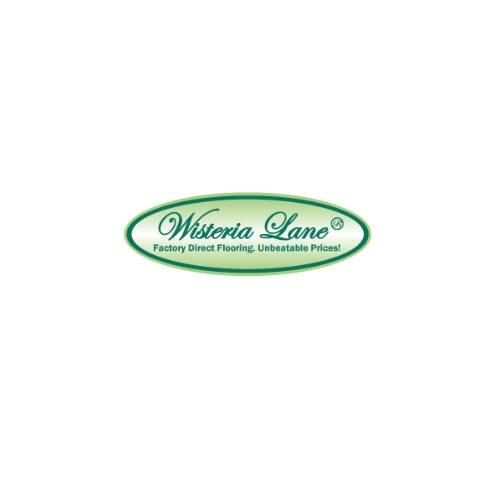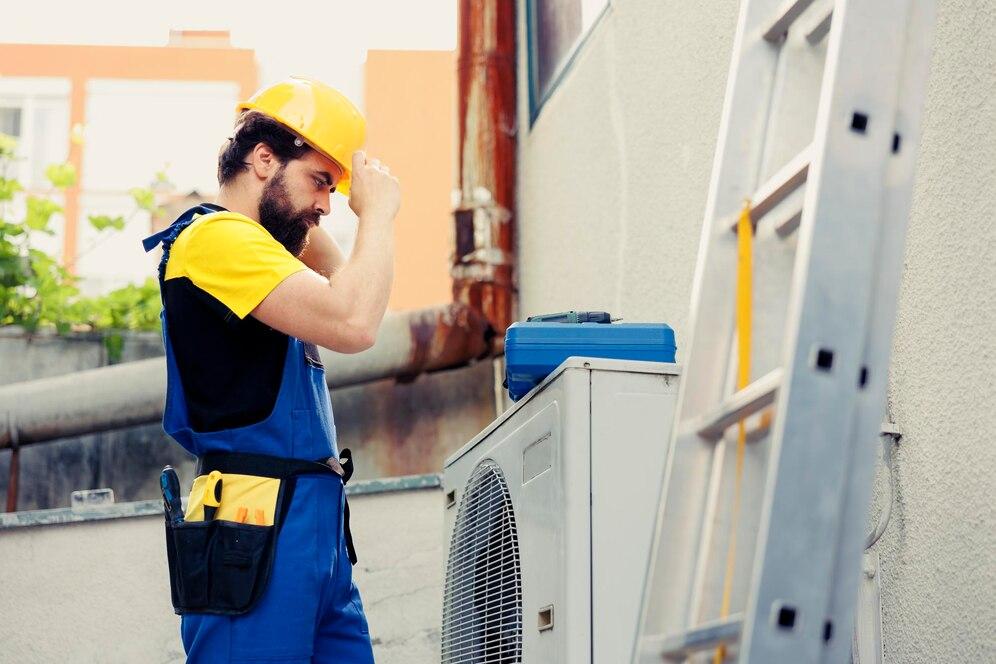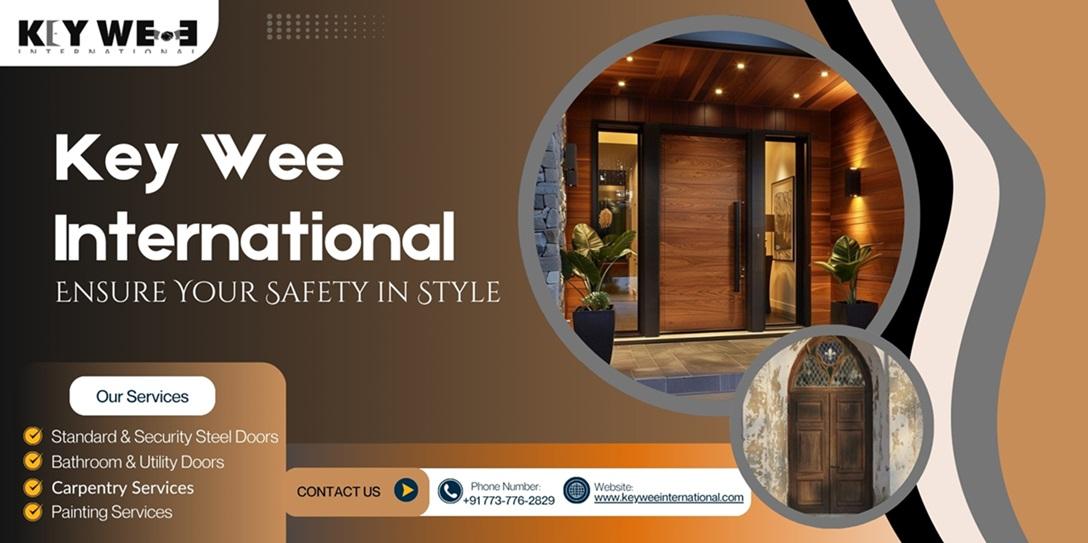LVP Flooring vs Engineered Hardwood: A Detailed Comparison

When choosing the perfect flooring for your home, the decision often comes down to LVP flooring vs engineered hardwood. Both options offer unique benefits, aesthetics, and practical considerations, making them popular choices for homeowners. At USFMHi, we understand the importance of selecting flooring that balances style, durability, and budget. This blog post dives into the key differences between luxury vinyl plank (LVP) flooring and engineered hardwood to help you make an informed decision for your space.
What is LVP Flooring?
Luxury vinyl plank (LVP) flooring is a synthetic flooring option designed to mimic the look of natural wood. Made from multiple layers of vinyl, LVP is highly durable, water-resistant, and budget-friendly. It comes in a variety of styles, colors, and textures, offering a realistic wood-like appearance at a fraction of the cost of traditional hardwood. LVP is an excellent choice for high-traffic areas or homes with pets and children due to its resilience and low maintenance.
Understanding Engineered Hardwood
Engineered hardwood, on the other hand, is a natural wood product composed of a thin layer of real hardwood bonded to a core of plywood or high-density fiberboard. This construction enhances stability and resistance to moisture compared to solid hardwood. Engineered hardwood offers the authentic beauty and warmth of wood, with a variety of species, finishes, and plank sizes to choose from. It’s a premium option that adds value and elegance to any home.
Durability and Maintenance Comparison
When comparing LVP flooring vs engineered hardwood, durability is a critical factor. LVP flooring is highly resistant to scratches, dents, and water, making it ideal for kitchens, bathrooms, and basements. Its synthetic composition requires minimal maintenance—just regular sweeping and occasional mopping. Engineered hardwood, while durable, is more susceptible to scratches and water damage, especially in high-moisture areas. It requires periodic refinishing and careful maintenance to preserve its appearance, which can add to long-term costs.
Cost Considerations
Budget plays a significant role in flooring decisions. LVP flooring is generally more affordable, with prices ranging from $2 to $7 per square foot, depending on quality and design. Installation is often straightforward, with options like click-lock systems that reduce labor costs. Engineered hardwood, however, typically costs between $4 and $12 per square foot, with professional installation often recommended to ensure proper alignment and stability. While LVP offers upfront savings, engineered hardwood can increase property value due to its natural wood appeal.
Aesthetic Appeal and Versatility
Both flooring types excel in aesthetics but cater to different preferences. LVP flooring offers incredible versatility, replicating not only wood but also stone or tile. Its design flexibility allows it to fit modern, rustic, or traditional interiors. Engineered hardwood, with its authentic wood grain and texture, provides a timeless, luxurious look that’s hard to replicate. Homeowners seeking a natural, high-end aesthetic may prefer engineered hardwood, while those wanting versatility and trend-driven designs may lean toward LVP.
Environmental Impact and Sustainability
Sustainability is another key consideration. LVP flooring, being synthetic, is not biodegradable, but many manufacturers now use recycled materials and eco-friendly production processes. Engineered hardwood is a more sustainable option, as it uses less solid wood than traditional hardwood, reducing environmental impact. However, sourcing matters—opt for engineered hardwood certified by organizations like the Forest Stewardship Council (FSC) for responsible forestry practices.
Installation and Longevity
Installation ease and lifespan are crucial when choosing flooring. LVP’s click-lock or glue-down systems make it a favorite for DIY enthusiasts, often requiring minimal subfloor preparation. It can last 15–20 years with proper care. Engineered hardwood, while longer-lasting (20–40 years or more with refinishing), often requires professional installation to prevent issues like warping. Its longevity depends on the thickness of the top wood layer, with thicker layers allowing for multiple refinishes.
Which Flooring is Right for You?
The choice between LVP flooring vs engineered hardwood depends on your lifestyle, budget, and design goals. If you prioritize affordability, water resistance, and low maintenance, LVP flooring is an excellent fit, especially for busy households or moisture-prone areas. If you value the authentic beauty of wood and are willing to invest in maintenance and higher upfront costs, engineered hardwood offers unmatched elegance and longevity. At USFMHi, we recommend assessing your space’s needs—traffic levels, moisture exposure, and aesthetic preferences—before deciding.
Making Your Decision with USFMHi
Choosing between LVP flooring and engineered hardwood doesn’t have to be overwhelming. Both options offer distinct advantages, from LVP’s durability and affordability to engineered hardwood’s natural charm and longevity. Visit USFMHi showroom or browse our online catalog to explore a wide range of flooring options. Our team is here to guide you through samples, answer questions, and help you find the perfect flooring to elevate your home.








